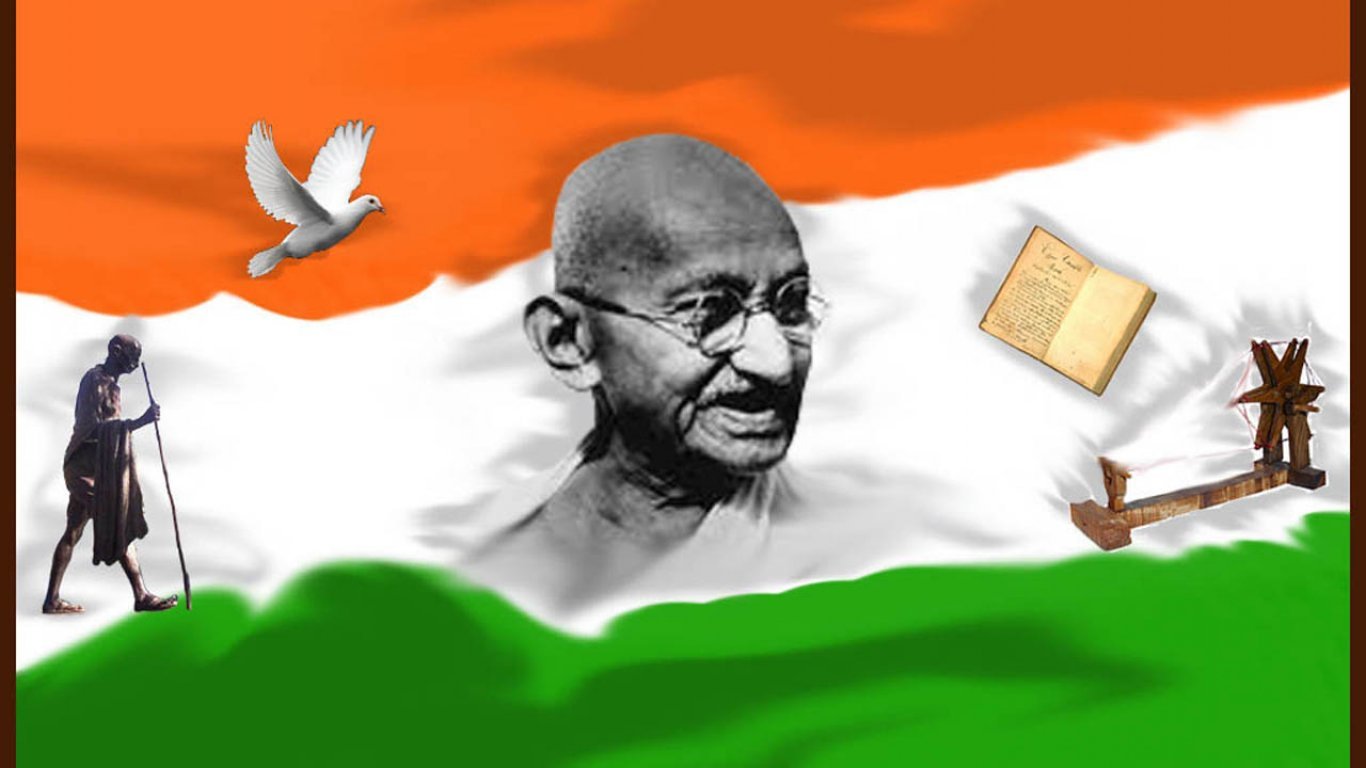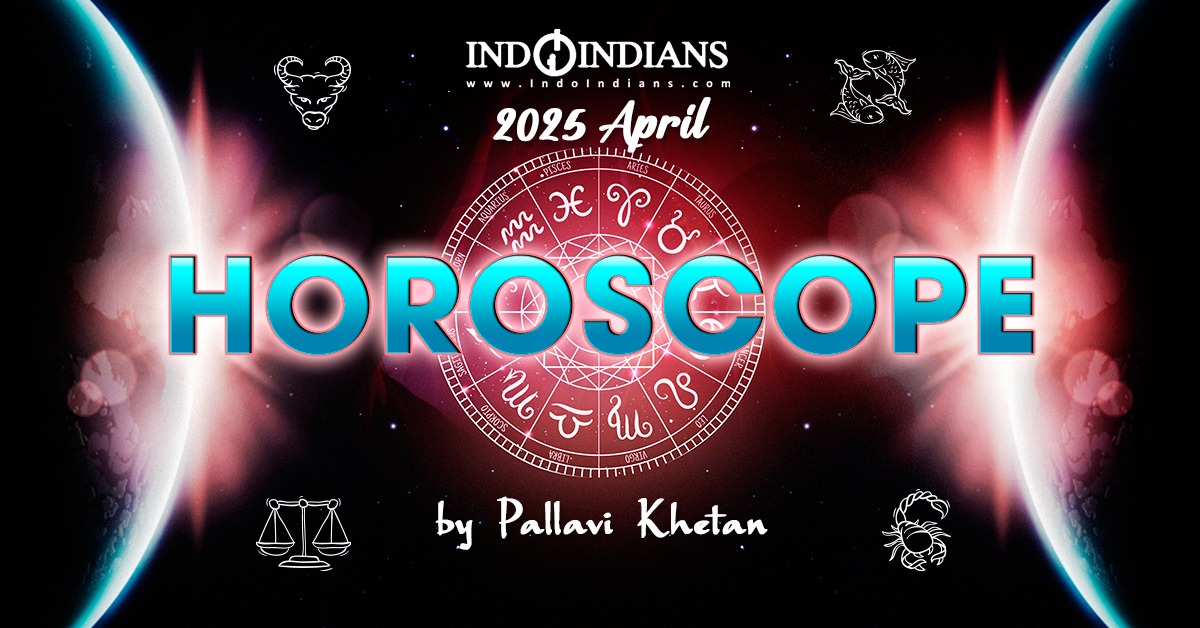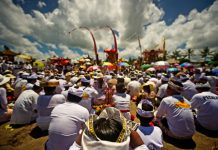Contributed By D. Chandramouli
Being a Hindu and an Indian, my mind naturally drifts towards Mahatma Gandhi, who used fasting as a potent weapon in his Satyagraha, the first ever non-violent resistance movement in modern history against oppression and injustice.
It is doubly significant that a century ago, in October 1906, Gandhi commenced his Satyagraha movement in South Africa and first used fasting as a form of civil disobedience there.
It is learnt that during his life time, Mahatma Gandhi fasted 17 times, the last one in August 1947, the month of Indian independence from British rule, when he started a fast until his death to stop the Hindu versus Muslim violence that was then raging across the country, in the aftermath of the partition between India and Pakistan.
Of course, when the news of Gandhi’s fast unto death in the city of Calcutta spread everywhere, the violence completely stopped in the province of Bengal, thanks to the indomitable spirit of one man army, Mahatma Gandhi! Attenborough, in his movie Gandhi, portrayed this episode so poignantly that while watching the scene, I could not control my tears. Mahatma (a great soul) Gandhi was indeed a man who belonged to all of humanity!
Gandhi’s aim for fasting were manifold. At times, it appeared that his fasting was a self-inflicted punishment for atoning others misdeeds.
He also used fasting as a means of reconciling warring parties, particularly during the period of riots involving Hindus and Muslims. Through out his life, Gandhi was steadfast in his quest for Hindu Muslim unity in the country.
To quote Gandhi: In spite of the differences of races and religions, we shall learn to tolerate and respect one another and consider all human beings as children of one God.
No wonder, Gandhi was completely against the division of the country along religious lines. Much against his wishes, he had to give in, ultimately, to the pressures of Jawaharlal Nehru and other stalwarts in the Indian National Congress.
The partition of India was then a foregone conclusion, a political reality that could not be postponed. Only just that Gandhi was too idealistic a person to accept the division of his Mother India. Nehru’s government, however, ensured that Gandhi’s secular ideals were duly enshrined in the Constitution of independent India.
Gandhi’s fasts were considered by some as coercive, with a view to achieve his political goals against the British Raj. Gandhi always ensured that he embarked on fasts only as a means of last resort, after exhausting all other avenues for rapprochement with the authorities. The British Government in Delhi was mortally afraid that the whole of India would rise in revolt if Gandhi were to die during his fast.
Gandhi had spent 5-1/2 years of his life in British jails. Yet, he did not harbor any ill will or enmity towards the English people. Winston Churchill, the then Prime Minister of England, even called the half-clad and physically frail Gandhi a naked fakir. Historians record that while Churchill loathed Gandhi, Gandhi loathed none. Such was Gandhi’s spiritual strength!
Gandhi was a political saint, ‘saint of action,’ in the words of Horace Alexander, a British friend of Gandhi.
Gandhi proved beyond doubt that it was possible to combine politics and morality, a rare concoction though! To this end, he often put his life in danger, like undertaking a fast unto death.
Whenever his followers urged Gandhi not to prolong his fasting, he would not budge from his resolve. His famous rejoinder to them is worthy of recall here: I’m fasting to live not to die unless God wills otherwise!
For Gandhi, ‘fasting was a spiritual act, going deeper into one’s inner being, and it was synonymous with prayer. Fasting was not just physical self-restraint; it should be fortified by an abiding faith in God.’ According to Gandhi, who was a staunch Hindu, Truth is God and Religion was practice, not beliefs.
Gandhi was assassinated on 30th January 1948. It was a sad irony that Mahatma Gandhi, an apostle of non-violence, himself fell a victim to violence.





